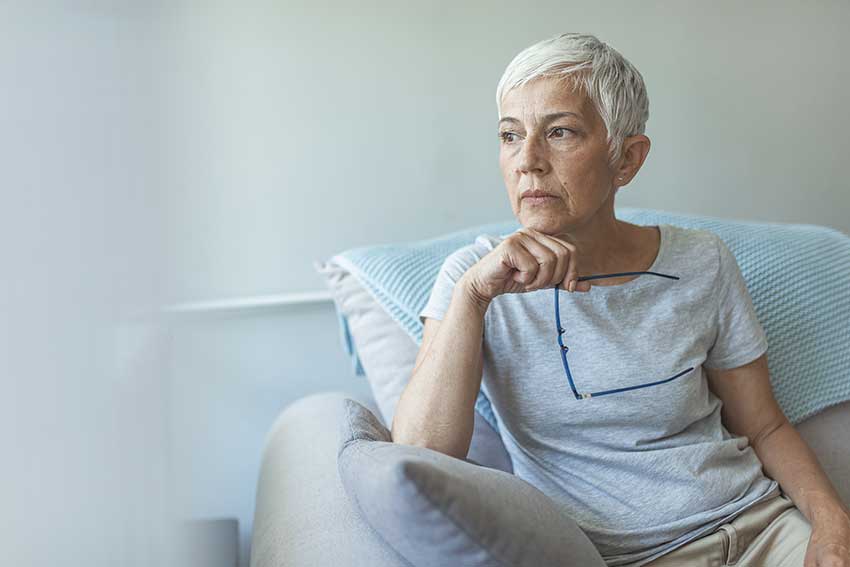
Why experience may be your secret weapon when starting a new business
For many around the UK, the ordinary living wage simply is not enough any more. With rises...read more
A new report highlights the lifetime impact on earnings of women taking on the majority of the caring role.

Women would need to work until age 83 to close the gender pension gap or start working from age four, according to a new study which shows one in six women are currently ineligible for auto-enrolment into a workplace pension because they earn too little.
The report from UK pension provider, NOW: Pensions and the Pensions Policy Institute (PPI) shows that by the time women reach retirement age, they will have an average of £69,000 in their pension, £136,800 less than the average man, who will have saved £205,800 in the same period.
While the average UK pension pot has almost doubled to £111,600, women’s savings have hardly increased at all, according to the report. In fact, if inflation and the cost of living are taken into account, women are arguably in a worse position than before, it states.
“With women living on average four years longer than men, women need to have saved more throughout their lifetime to accommodate a longer time in retirement and close the gender pension gap,” it says.
NOW: Pensions looks at some of the reasons for the shortfall. It says just 27% of women work mostly full time throughout their careers, compared to 45% of men. Moreover, women spend an average of 10 years away from the workforce to start families and care for children and relatives, contributing to both the gender pay and pensions gaps by presenting fewer opportunities for career progression and higher salaries.
Covid has made this worse with women having to take on the majority of the homeschooling and caring responsibilities alongside work, meaning, says the report, that they are likely to have reduced their working hours or stopped working altogether. It calculates that over 5.8 million women are working in part-time roles (38%) which means they might not meet the £10,000 eligibility criteria to be automatically enrolled into their workplace pension. It says the average earnings for someone working part time is £6,922.
On top of this is the impact of rising childcare costs, which can cause women to drop out of the workforce or reduce their hours.
Joanne Segars, Chair of Trustees at NOW: Pensions said: “It is now a decade since auto-enrolment was launched and it just proves what a powerful tool inertia has been to get over 10 million new savers into auto-enrolment. However, it is by no means a perfect picture as almost the same numberof people (10.4 million) are currently ineligible. Women make up the biggest proportion of part-time workers in the UK and with reduced hours comes reduced pay. Millions of women have not been able to save via a workplace pension, nor take advantage of their employer contributions and the tax relief.
“Pension policies and regulations have not kept pace with how many of us now live and work, especially since the Covid-19 pandemic. That is why we have been lobbying the government to fix these inequalities and enable ‘under-pensioned’ groups the same opportunity to build their retirement pot as others enjoy.”
NOW: Pensions is calling for the removal of the £10,000 auto-enrolment trigger which it says would bring an additional three million women into workplace pension saving; auto-enrolment contributions on every pound of earnings which it estimates could increase pension wealth for those currently missing out by up to 52%; the lowering of the legal age when auto-enrollment kicks in from 22 to 18 [18 year olds can, however, already choose to opt in]; and the introduction of a family carer’s top-up which would see the government pay the equivalent of the employers’ contribution at National Living Wage level into women’s pensions who are taking time out to care. The latter could equate to approximately £820 per year and, according to NOW: Pensions, would boost pension outcomes for women who take 10 years out due to caring responsibilities and returns to the workforce full time by 20%. It is also calling for pension sharing to be the default when couples divorce. Less than two in 10 divorces in the UK currently have a pension sharing order attached, says NOW: Pensions, which is also recommending greater action on the availability and cost of childcare to enable those that want to return to work.
Meanwhile, Health and Social Care Secretary Sajid Javid has joined other employers such as Sainsbury’s and PwC in signing a pledge giving the 260,000 women in the civil service greater protection and support when experiencing menopausal symptoms.